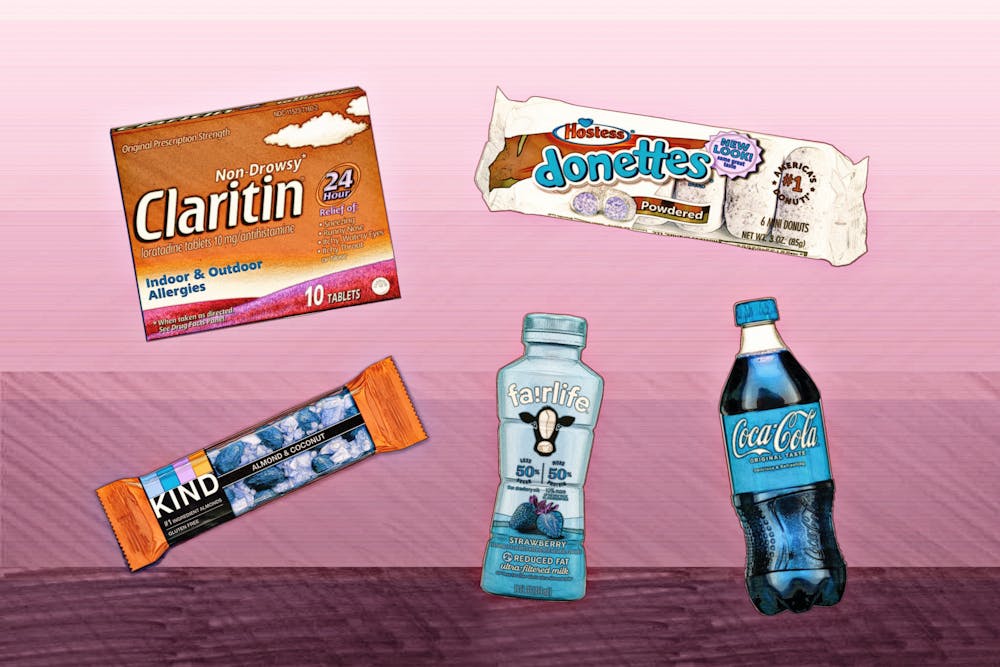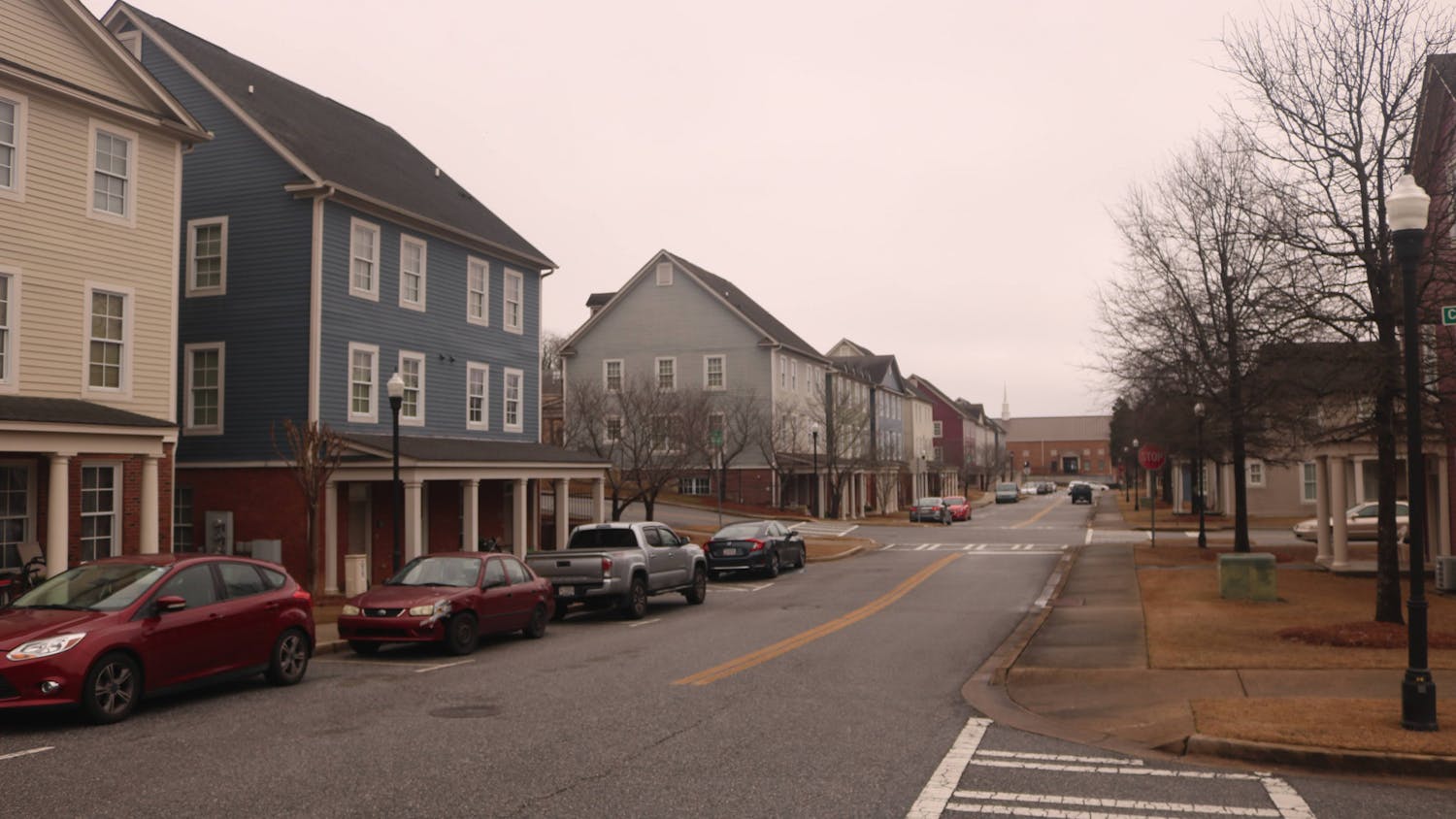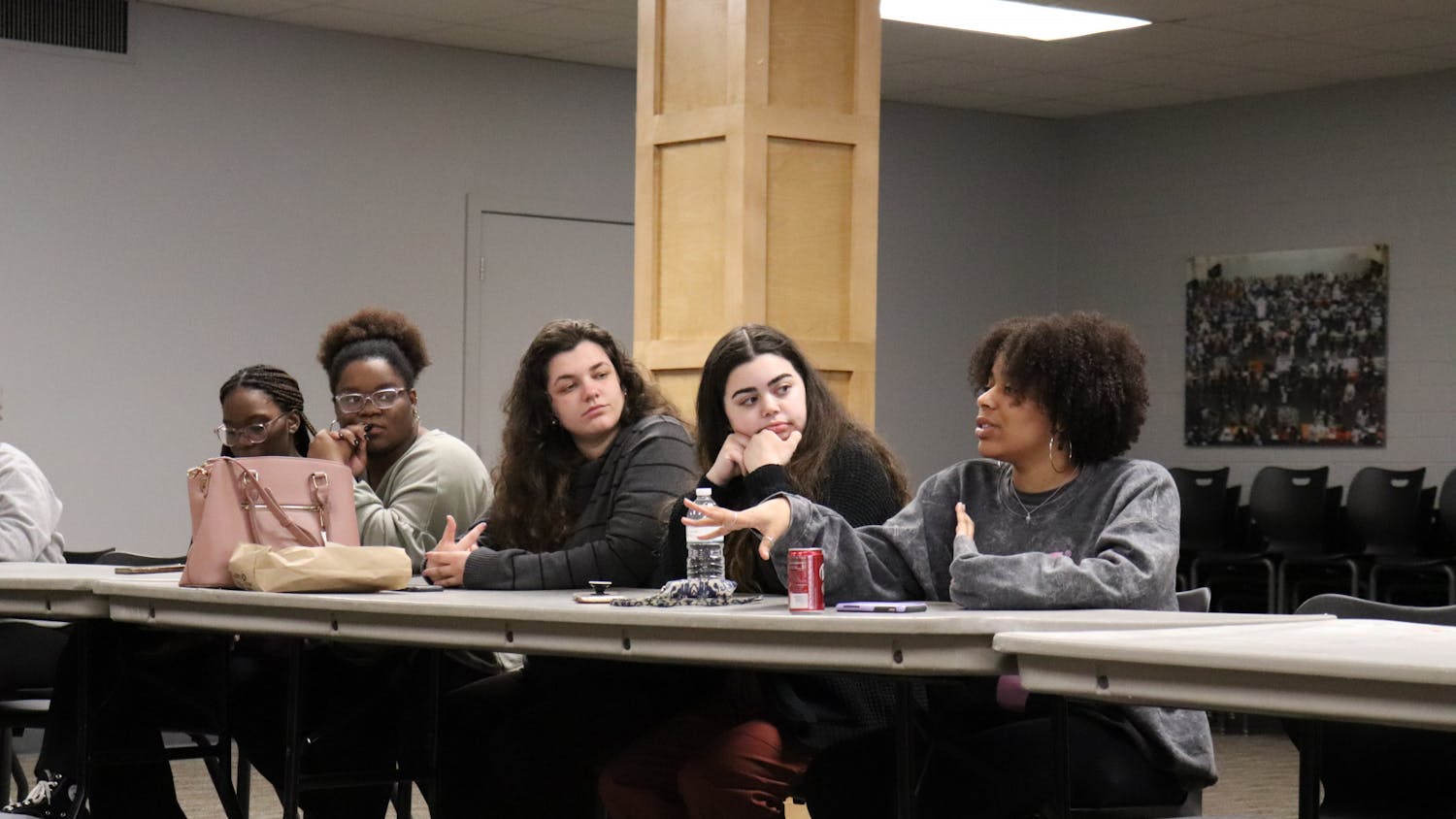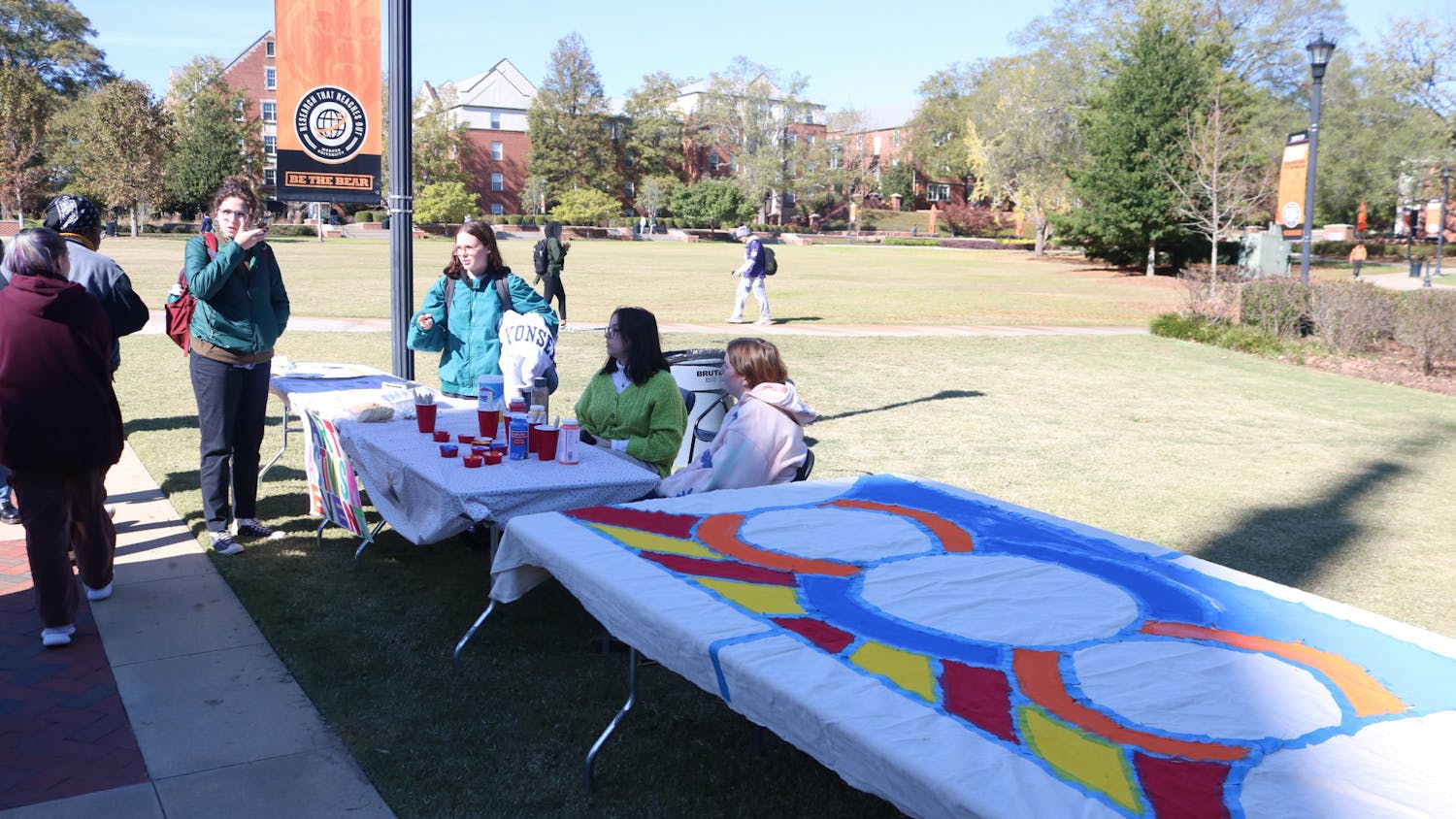As many struggling college students can attest, it can be difficult to manage three important resources — time, money and transportation — which are hard to find and even harder to balance. Students constantly engage in opportunity cost analysis without realizing it. They are constructing ways to complete their work, manage their finances and effectively maneuver on and off campus.
In trying to balance these resources, sacrifices must be made. Driving to a grocery store can help save money through sales, but the distance in Macon can require driving at least 15 minutes to a Walmart or Kroger. Shopping for groceries and basic necessities on campus can save time and negate the need for transportation, but students must contend with the premium upcharge Mercer requires.
Before deciding when and where to spend your money while in college, it is important to consider what you are looking for, where you can find it for the best price and how far you are willing to travel to acquire it. Students often find they must pay the premium to secure what they need at the moment.
On campus, Mercer has three small grocery shopping areas called “Pods” where students can purchase basic goods. These Pods are located in the areas with the most foot traffic on campus: the University Center, Connell Student Center and Jack Tarver Library.
The UC Pod is the newest addition, located in a corner that was recently closed off from the rest of the Farmers Market. This Pod features slightly lower, closer-to-retail prices than the other two and has an assortment of ice creams, chips and other bagged snacks that the other Pods don’t.
The library Pod is arguably the most robust of the trio, featuring two microwaves, a cold food section containing meals prepared by Einstein Bros. Bagels, some packaged fruits and a large vending machine called the PharmaBox. This vending machine distributes various health items such as Advil, period products, bandages, shampoos and over-the-counter medicines.
The CSC Pod is most similar to the UC Pod, with a range of gummy snacks, chips, frozen foods, cookies, bars and refrigerated drinks. This location, however, had some of the more expensive price ranges. For example, a $2 bottle of Coca-Cola at the library is $2.69 at the CSC.
Though the Pods are a quicker, more convenient alternative to driving to a store off campus, students must pay the cost. A statistical analysis of the price changes was conducted to determine how much of an upcharge is present.
Kind Almond Coconut Bar received an 18% increase between Walgreens and the Pods. Fairlife Strawberry Milk had a 32% increase at the Pods, where the product ranges from $2.19 to $2.89. The only item that was cheaper at the Pods was a six-pack of Hostess Mini Donuts, costing $2.49 as opposed to the Pods’ $2.29.
By far the biggest upcharge is for allergy relief treatments like Claritin, which are only sold in certain Pods at $3.99 per tablet. In contrast, one pack of 10 tablets costs $19.49 at Walgreens, showing a 219.2% price increase per tablet between Walgreens and the Pods. Pads are $4.24 for 16 at Walgreens, but they are $7.99 in the PharmaBox, an almost 88.4% price increase. This shows the Mercer premium is especially present for those with physical or medical needs.
The Pods also have some quirks or defects that separate each of them. The CSC and UC Pods have many items that are not labeled with prices, requiring students to bring the item to the self-checkout scanner to see how much the choice they made costs. Additionally, the library Pod’s scanner breaks down frequently, requiring students to unplug and replug it manually.
Another challenge of visiting Mercer’s Pods is making sure you know where to find individual items that others might not have. For instance, the UC Pod might have a specific ice cream flavor that the others don’t. Additionally, the library Pod gives students access to the PharmaBox, which offers products that the other Pods don’t offer such as condoms, sunscreen, batteries and a wide range of over-the-counter medicines.
Nearly every item from Macon’s Walgreens was cheaper than its Pod counterpart, but the costs come from different sources. Students who choose to shop at Walgreens must walk several miles, ride public transportation or find a car to drive there.
Another alternative could be big box stores like Walmart. The advantage of these chains is the number of frequent deals and multiple product options, allowing students to purchase goods in bulk while saving money. The trade-off there, as plenty of Macon residents will let you know, is a somewhat far drive from campus. People that don’t have easy access to transportation cannot reliably enjoy the benefits of making a quick stop at one of these stores.
While it is more expensive to buy some necessary items on campus, factoring in time, gas and transportation availability can make shopping on campus a better alternative for some. If someone is shopping at Publix and can buy a six-pack of Coke, it is certainly cheaper to do so than to buy them individually at the Pods. If you’re falling asleep while cramming for finals in the library late at night, however, the extra money could save your GPA.





